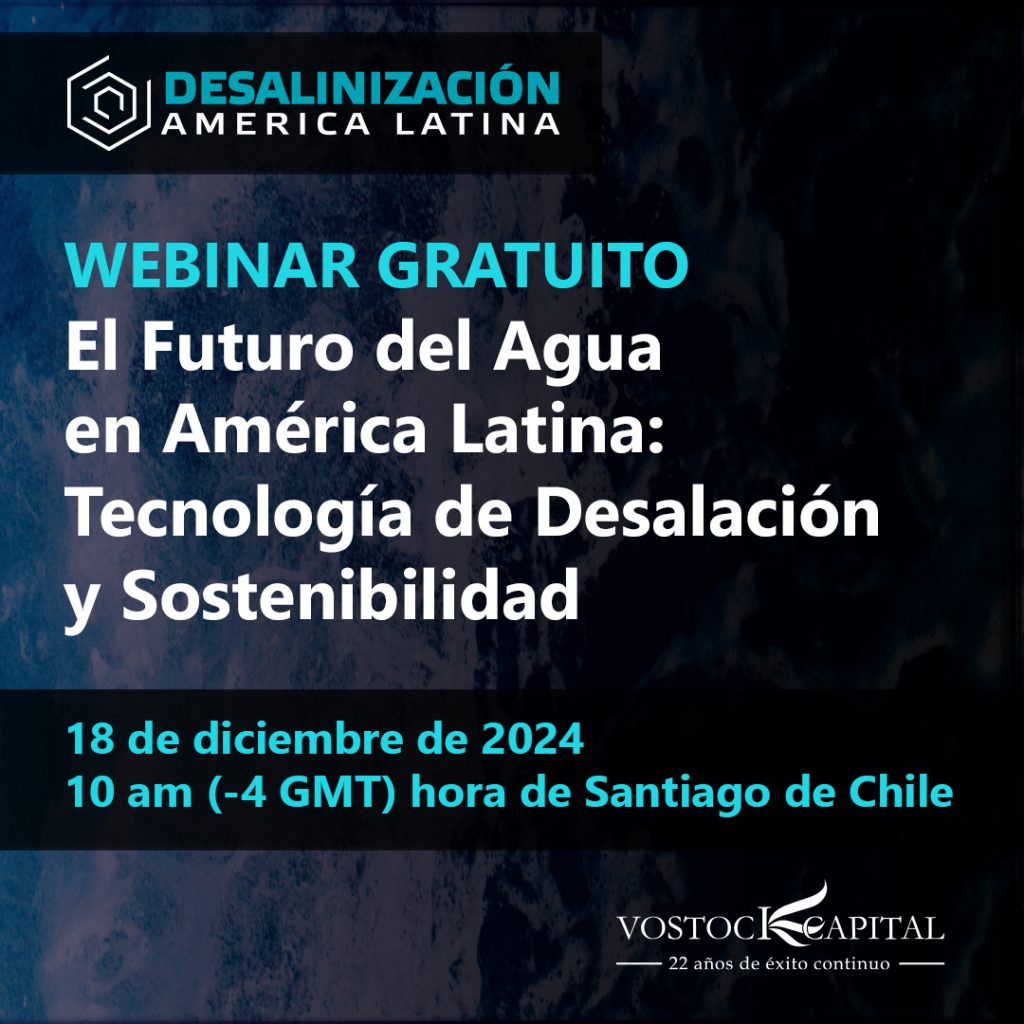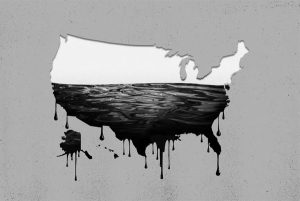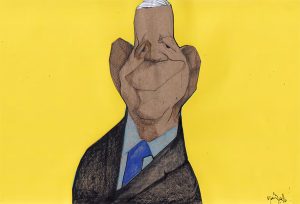Cristian Hernandez/AFP

Moral cachet won’t unseat Nicolas Maduro. But political compromise might.
Venezuela has hit a dead end with Juan Guaido
When he climbed to the national stage early last year, Juan Guaido filled Venezuelans with expectation. Young, articulate and coolly confident, he was a fresh face in a country of stale problems. With legacy opposition leaders jailed, hiding or in exile, Guaido brought brio and apparent international muscle — Donald Trump, most loudly — to the fight to restore the nation’s damaged democracy. A picture shared widely at the time showed Guaido standing before a billowing Venezuelan flag and brandishing a portrait of Simon Bolivar, the go-to muse of Latin American rebellion.
What would the portrait show now? Two years on, Guaido’s star has dimmed. He’s president only of a shadow government with moral cachet and little more. Although some 5 million Venezuelans have abandoned the country, some high-ranking regime loyalists among them, de facto President Nicolas Maduro is going nowhere.
The fumbling autocrat at the Miraflores Palace may have made a hash of the economy and the pandemic, but Maduro controls enough levers of power to game the Dec. 6 National Assembly elections, and so swap out Guaido for a toady in January.
Guaido — backed by the U.S., most of Europe and the Organization of American States — has denounced the election as a sham. He is pushing instead for a parallel national referendum starting online Dec. 5 and extending to some polling stations.
The stalemate creates a problem for Venezuela’s struggling discontents, who have mortgaged their hopes on Guaido and his maximalist backers in Washington. Having failed to push Maduro from power, the opposition hardliners have helped perpetuate a punishing paralysis.
Nearly two years into Guaido’s shadow mandate, Venezuela is as close to collapse as it is far from democracy. Gross domestic product is down 65% since 2015, one of the ten largest economic contractions in history, according to economist Francisco Rodriguez, director of the Oil for Venezuela foundation. Oil production, the chief source of foreign exchange, has plummeted from 1.2 million barrels a day in January 2019 to some 350,000 or 360,000 bpd (no one knows for sure). The Venezuelan exodus has become perhaps the worst refugee crisis the Western Hemisphere has known.
None of these miseries is the opposition’s doing. Yet their persistence speaks of a tactical and political debacle that has sapped international faith in Guaido’s brand. Consider the mounting legal claims from impatient creditors on billions of dollars in Venezuela’s overseas oil assets. “Guaido’s recognition was strategic, premised on an alternative government with a claim to legitimacy, and that that would lead to a collapse and a democratic transition,” Rodriguez told me. “Now that it hasn’t, there’s a good chance the international community thinks there will be no legitimate government next year.”
Washington has compounded the fiasco, as its relentless “maximum pressure” policy — combining individual and sectoral sanctions — pushes the Bolivarian command further into the embrace of malefactors. Iranian tankers go dark to ship gasoline and food to Venezuela in exchange for contraband crude, while Turkey buys Venezuelan bootleg gold. China and Russia, meantime, have obligingly rolled over Venezuelan debts. Cuba, another U.S. pariah, has put its intelligence apparatus at Maduro’s disposal, implicitly as quid pro quo for Venezuelan petroleum.
Yet the diplomatic dead end presents Venezuela and its democratic allies with the opportunity to rescript. Breaking the deadlock over Venezuela is likely to require a far more ecumenical course, including a broad conversation with European and Latin American governments, and possibly some distasteful alternatives that neither Guaido nor the fundamentalists in Washington have condoned.
The quandary has mobilized nongovernmental organizations, advocacy groups and diplomats. The gathering consensus is that having survived intrigue, criminal indictments and waves of protests, Maduro and his Chavista entourage will have to be coaxed, not coerced. “Sanctions aren’t an end in themselves but instruments to get to some outcome,” said Geoff Ramsey, director for Venezuela at the Washington Office on Latin America. Given the policy failures and the harshness of sanctions, incoming U.S. President Joe Biden has an opening, and considerable leverage, to take a different path.
“Maduro, clearly, is looking for some sort of soft landing,” said Ramsey. That is a cue for a deal. Say: Get Maduro and his inner sanctum to step aside for a transition government with guarantees for Chavismo’s continuing role in politics, immunity from prosecution for high ranking targets, and laissez passer for the ex-strongman to some safe haven. “Part of the problem is that the military has received the wrong signals in the last years, with no assurances of the preservation of economic incentives,” Ramsey added. “The idea until now — ‘You guys do the hard work toppling Maduro and then we’ll talk’ — hasn’t worked.”
One quick diplomatic win that could bring good will to the negotiating table: Washington could exempt Venezuela from the ban on importing diesel, which fuels public transportation and cargo, the scarcity of which has compounded hardship.
Others argue for multilateral talks to broker a pact for democratic transition involving the Bolivarian government’s web of allies — Cuba, Iran, Turkey, China and Russia. That’s the logic behind the 2024 Process, a complicated proposal by an international Venezuela crisis group which advocates tapping “interlocking relationships that need to be adequately addressed for each government to agree to support any resolution to the problems in Venezuela,” according to John Kavulich, president of the U.S.-Cuba Trade and Economic Council.
This solution will be hard to swallow. Any agreement would leave Maduro in office until 2024, when his constitutional mandate expires, and then presumably hand him a get-out-of-jail card and a ticket to Cuba. To bring Havana aboard and recall its expat spies, Cuba would need to be weaned from Venezuelan oil but not before 2024.
Nor is it clear how compelling the Venezuela disaster will be for a new administration in Washington facing competing emergencies, from a devastated economy and the pandemic’s second wave to restoring a tarnished U.S. global reputation.
What’s indisputable, however, is that any endgame in Venezuela will take patience, compromise and vexatious diplomacy among ambitious nations with little more than their geopolitical distrusts in common. Even then, there’s no telling if Maduro will go quietly or democratically. But Venezuela has been waiting for Guaido long enough.
This column does not necessarily reflect the opinion of the editorial board or Bloomberg LP and its owners.
Mac Margolis is a Bloomberg Opinion columnist covering Latin and South America. He was a reporter for Newsweek and is the author of “The Last New World: The Conquest of the Amazon Frontier.” Petroleumworld, do not reflect either for or against the opinion expressed in the comment as an endorsement of Petroleumworld.
Editor’s Note: This article was originally published by Bloomberg Opinion, on November 25, 2020. All comments posted and published on Petroleumworld, do not reflect either for or against the opinion expressed in the comment as an endorsement of Petroleumworld.
Original articleUse Notice: This site contains copyrighted material the use of which has not always been specifically authorized by the copyright owner. We are making such material available in our efforts to advance understanding of issues of environmental and humanitarian significance. We believe this constitutes a ‘fair use’ of any such copyrighted material as provided for in section 107 of the US Copyright Law. In accordance with Title 17 U.S.C. Section 107. For more information go to: http://www.law.cornell.edu/uscode/17/107.shtml.
SPONSORED STORIES / Hit your target – Sponsor your story
We invite you to join us as a sponsor.
Circulated Videos, Articles, Opinions and Reports which carry your name and brand are used to target Entrepreneurs through our site, promoting your organization’s services. The opportunity is to insert in our stories pages short attention-grabbing videos, or to publish your own feature stories.
All works published by Petroleumworld are in accordance with Title 17 U.S.C. Section 107, this material is distributed without profit to those who have expressed a prior interest in receiving the included information for research and educational purposes.Petroleumworld has no affiliation whatsoever with the originator of this article nor is Petroleumworld endorsed or sponsored by the originator.
Petroleumworld encourages persons to reproduce, reprint, or broadcast Petroleumworld articles provided that any such reproduction identify the original source, http://www.petroleumworld.com or else and it is done within the fair use as provided for in section 107 of the US Copyright Law.
If you wish to use copyrighted material from this site for purposes of your own that go beyond ‘fair use’, you must obtain permission from the copyright owner. Internet web links to http://www.petroleumworld.com are appreciated. Petroleumworld Copyright© 1999-2020 Petroleumworld or respective author or news agency. All rights reserved.
We welcome the use of Petroleumworld™ stories by anyone provided it mentions Petroleumworld.com as the source. Other stories you have to get authorization by its authors. Internet web links to http://www.petroleumworld.com are appreciated.
Petroleumworld welcomes your feedback and comments, share your thoughts on this article, your feedback is important to us!
Petroleumworld News 11 30 2020









